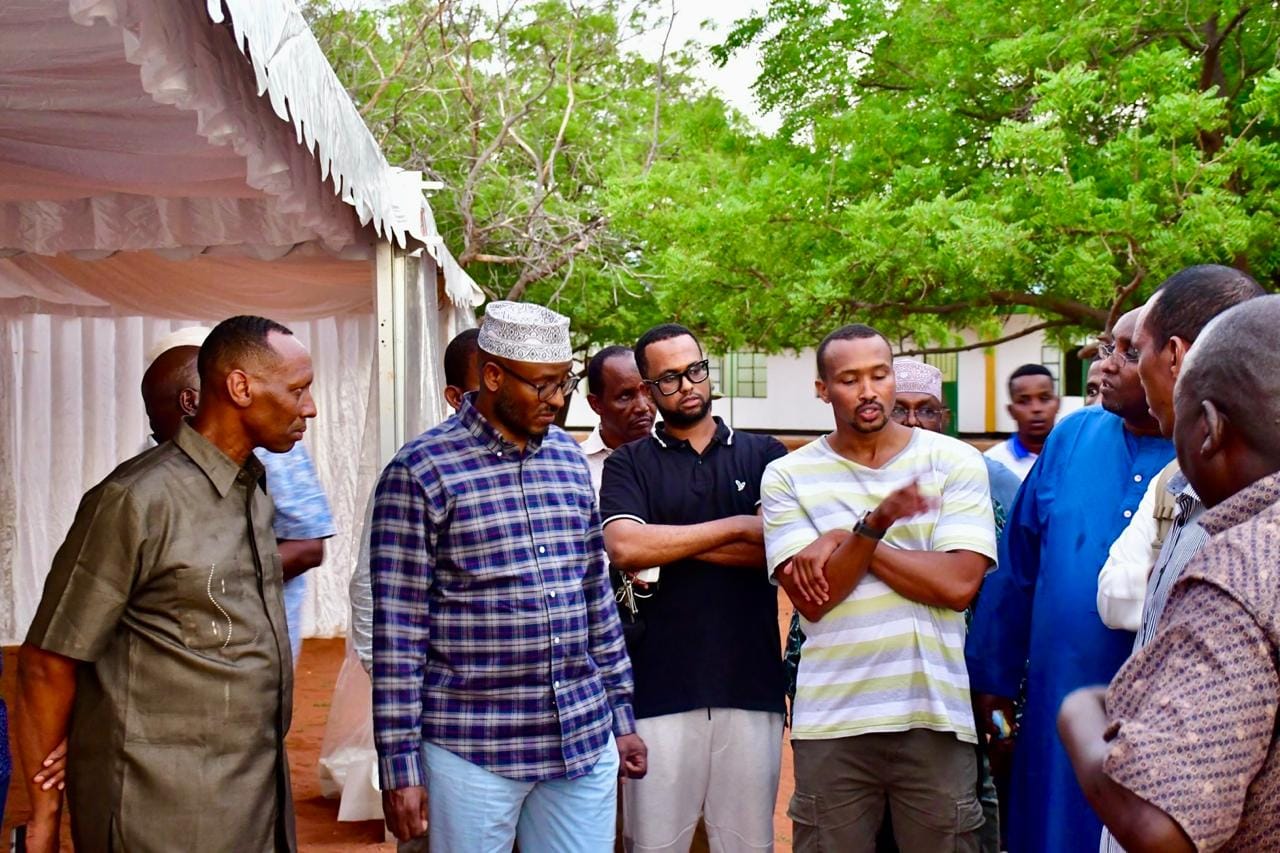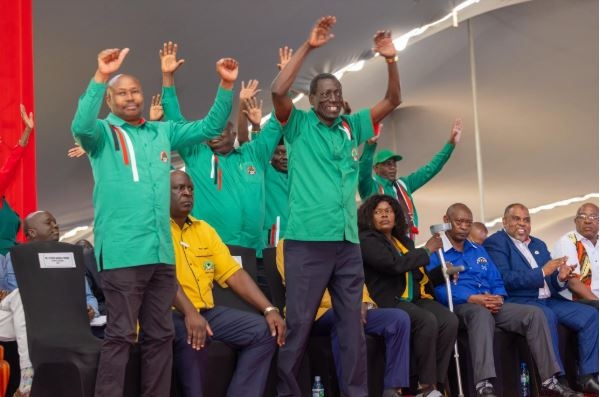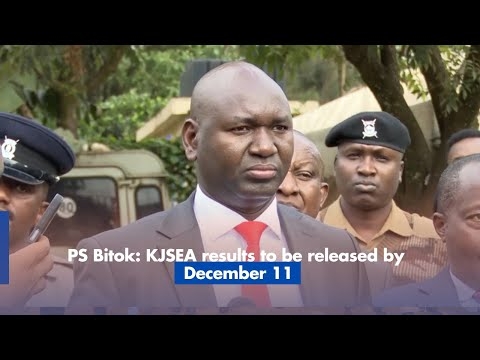

Wajir Governor Ahmed Abdullahi supervises the venue where
the event will take place.the summit kicks off this evening.
The Pastoralist Leadership Summit has officially
commenced in Wajir county with host Governor Ahmed Abdullahi stressing its significance to
the participating 15 pastoral counties.
Speaking during a press briefing Sunday afternoon, the county boss reieterated the significance of the summit as a platform for structured
dialogue, collaboration and actionable solutions.
The summit, which will be officially be opened by National Assembly Speaker Moses Wetangula, is themed ‘Unlocking Policy and Financial Bottlenecks to Mainstream Pastoralism in Kenya'.
It brings together leaders and stakeholders from 15
pastoralist counties across Kenya.
The summit aims to address critical challenges facing pastoralist
communities and highlight the sector’s pivotal role in Kenya’s economy.
“This summit is not just a discussion forum; it is a real
meeting to critique, brainstorm and develop actionable strategies for the
unique challenges faced by pastoralist counties,” Governor Abdullahi said.
Key issues on the summit’s agenda include the impact of
climate change on droughts and floods, improving governance in pastoralist
regions, strengthening the livestock economy and integrating pastoralist
economies into the national development agenda.
The summit has attracted a wide range of participants,
including governors, members of Parliament, policy experts, development
partners and representatives from the United Nations.
Governor Abdullahi also highlighted the role of devolved
governance in addressing the challenges faced by pastoralist communities.
“We no longer face the tragic losses we did 10 or 15 years
ago. Devolution has empowered local communities, ensuring better coordination
and intervention during crises,” he said.
Lamu Governor Issa Timamy, a founding member of the Frontier
Counties Development Council (FCDC), drew comparisons between Lamu and other
pastoralist regions, emphasising their shared challenges and opportunities.
“Despite our diversity, we share a common goal; strengthening the resilience and livelihoods of our people,” he noted,
referencing Lamu’s recent recognition for disaster management.
Infrastructure development, particularly the construction of
key roads such as the Isiolo-Mandera corridor, was also celebrated by summit
participants.
“This road symbolises the integration of northern Kenya into
the national framework, ensuring that this region is no longer viewed as
peripheral but as an integral part of Kenya,” he remarked.
The summit will continue to deliberate on strategies to
improve the pastoralist sector and empower communities in the face of evolving
challenges.
Hassan Mohamed, a local businessman, expressed optimism that
the summit will live up to its expectations.
“I hope the summit will provide a significant economic boost to Wajir, create a unique opportunity for local businesses and showcase the region’s rich culture and hospitality.
"I hope it will also to foster
collaboration and dialogue, paving the way for sustainable solutions that will
benefit not just Wajir but the entire ASAL region,” he said.
On her part, Marian Sheikh, a local grocery vender, said that
the summit should come up with workable solutions to the problems bedeviling the
region, saying that it should not be "just another boardroom and talk show
meeting".
“This summit is in its fourth year since inception, we want
to see tangible solutions offered. We want to see progress. Otherwise, nobody
will take the summit serious going forward,” she said.
For Ahmed Hussein, a
Wajir-based activist, the discussions
should centered on ensuring
comprehensive plans of alleviating the suffering of the residents from their
respective counties.
“This summit should not be a boardroom gathering designed to justify per diems at the expense of taxpayers. If they want the common mwananchi in the rural villages across the frontier counties to take them seriously, then they need to walk the talk,” he said.

















